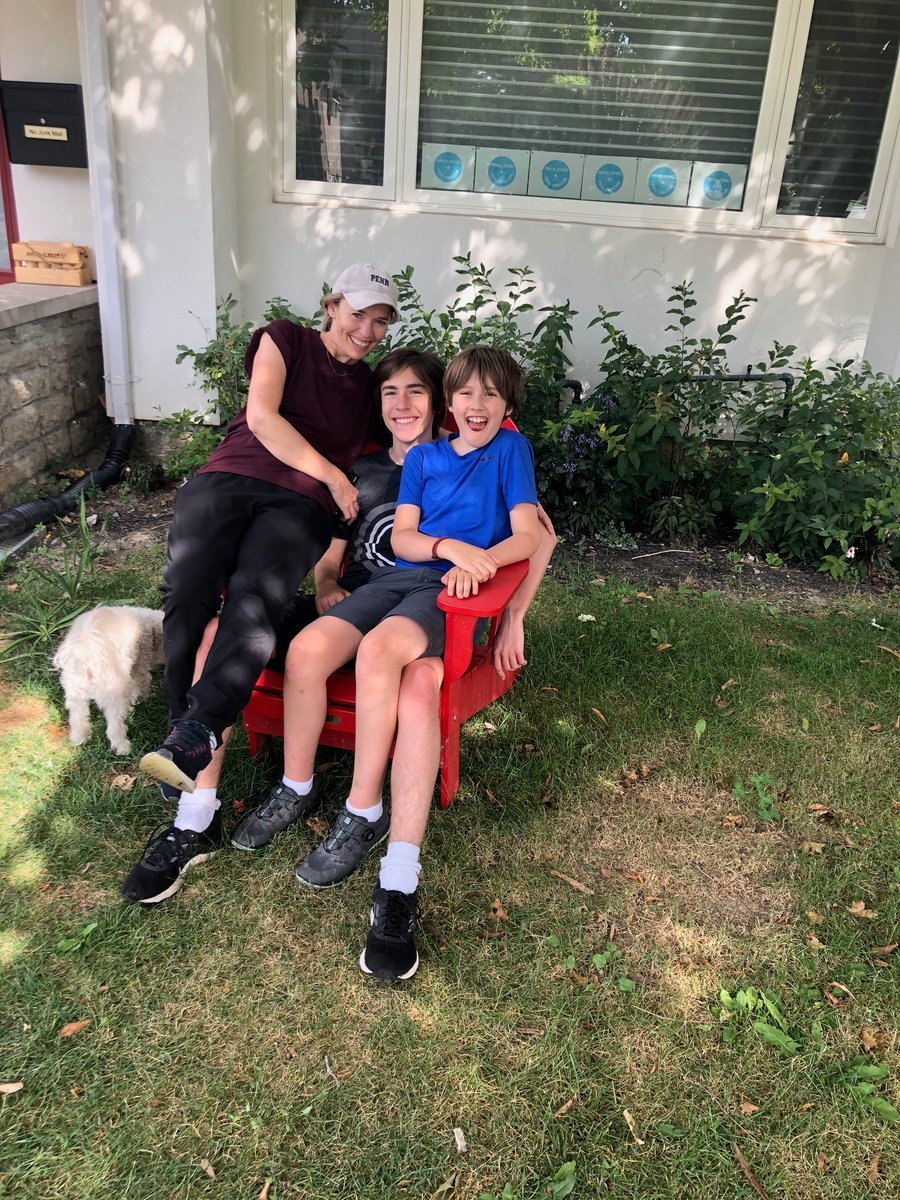
Dr Michelle McQuaid is a best-selling author with a passion for helping people to achieve wellbeing at home, at school, or in the workplace. She is also a mum of two boys and just like her sons, Michelle has autism.
Her youngest son was the first in their family to be diagnosed eight years ago.
"He was struggling with a few things for his age and I noticed he would play besides other children rather than with them," Michelle says.
Watch: Waleed Aly discusses autism on The Project. Post continues below.
"I remember being with my husband and the psychologist while our son was outside the room. She told us he has autism and my husband was in tears for our beautiful boy and how hard his life might be.
"But as I listened to her describe some of his characteristics I realised, 'Oh god, this sounds familiar' and it explained so much about my life. I hadn't considered that I might have autism, but there was a relief as I processed it. I recognised so much of myself in her words."
Michelle describes how the things she had always struggled with, such as social exhaustion and having an extreme hyper-focus, could now be understood through the lens of autism.



Top Comments